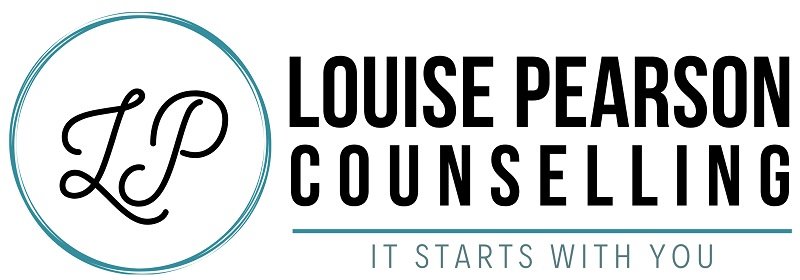I often find that my most profound learning comes from those who come to me as clients, and so I want to share with you a little story from my week which I found very thought-provoking!
So, picture this! I’m sitting in my counselling room, with someone who has lost most of his useful vision, and a half of one leg, to diabetes. He’s 53 years old, and what’s worse? It’s all happened in the last six months. So, he’s moved from being a busy man with a position in retail, to spending his days in a bedroom in his elderly Mother’s house. He’s gone from being a man who liked making things with his hands or gaming on his computer on his weekends, to someone who is now without doable hobbies.
“And you know what the hardest thing is Louise?” he said to me sadly as he filled me in on his story, “It’s that everyone keeps saying “but at least you can live with your Mum”, or “at least your children are grown”, or “at least you still have your leg to below your knee”.”
Well, I have to say, his words brought me up short. Thank god, his losses are something that I can only imagine. For someone who has sustained so much loss in just one year … loss of ability, loss of independence, loss of his job, loss of his identity, just to name a few, the magnitude of that loss is breathtaking. His world has been shattered, leaving him traumatised and feeling like he is living a nightmare, like he has been reborn as a new person entirely, and while he tries to deal with that, he’s also coming to terms with the fact that this health crisis may have been preventable, if he had only taken the warning signs seriously. He’s learning to negotiate a world wherein most of his signposts are gone. No longer able to read or to drive, he’s needed to learn to do even the simplest of things again, from moving around in his room, to buttering bread. He’s learning to walk again, and as he says, showing glimpses of a sense of humour which was once more evident than it is now, “I’m walking and I’m still only six months old”.
So, I think there are a couple of really important points to be made here, about those “at least” reactions that he is receiving from family and friends. Firstly, the reality as I see it, is that he’s reeling from shock and grief, and he’s just not yet ready for the “at leasts” that people rush forward with, often in an effort to find a positive in a truly awful situation. He’s needing acknowledgement really, of just how hard it has been, that we can see the huge loss that he has sustained. Maybe then, given time, he’ll be able to move on towards those positives, but before that can happen, he needs people to see where he is at right now, however ugly it is.
And my second point is that we who rush forward with those “at leasts”, need to acknowledge that we do it often because we are floundering. When we hear a story like this one, most of us feel empathy. Many of us can relate to ignoring a health crisis or two, and if we’re honest, the picture creates in us, a sense of helplessness. We turn away sometimes in horror, thinking guiltily “thank god that’s not me, I wouldn’t be able to cope!” but having no real idea of how we should respond to that person. Well, what I think he was reminding me of, is that sometimes it’s okay to say nothing, but just to listen … to ask what the experience is like for that person, and not to presume. They may opt not to tell you, but at least they’ll know you were up for listening.
My final point is that sometimes we are even too quick with those “at leasts” in our own lives. I know that as a positive person, I look for the good in my life. I look for things always, to be thankful for, and I find them, aplenty. I’ve played what one of my old friends calls my “I’m Lucky mantra” to myself whenever I am sad or frustrated about something, for as long as I can remember. The point is though, that although in the end it might be true and those positives be how I eventually find my way forward, if we jump too quickly into the “at leasts” ourselves, there’s no room for the acknowledgement that we all need for the pain we are experiencing, in the here and now. I haven’t yet met the person who doesn’t appreciate being listened to, especially when pain is so intense that we are struggling to get the words out. When that is happening, we’re not looking for solutions, just someone to see us, hopefully without judgment, as we are. Sometimes that also involves providing space enough in our own minds, for us to listen to ourselves.
